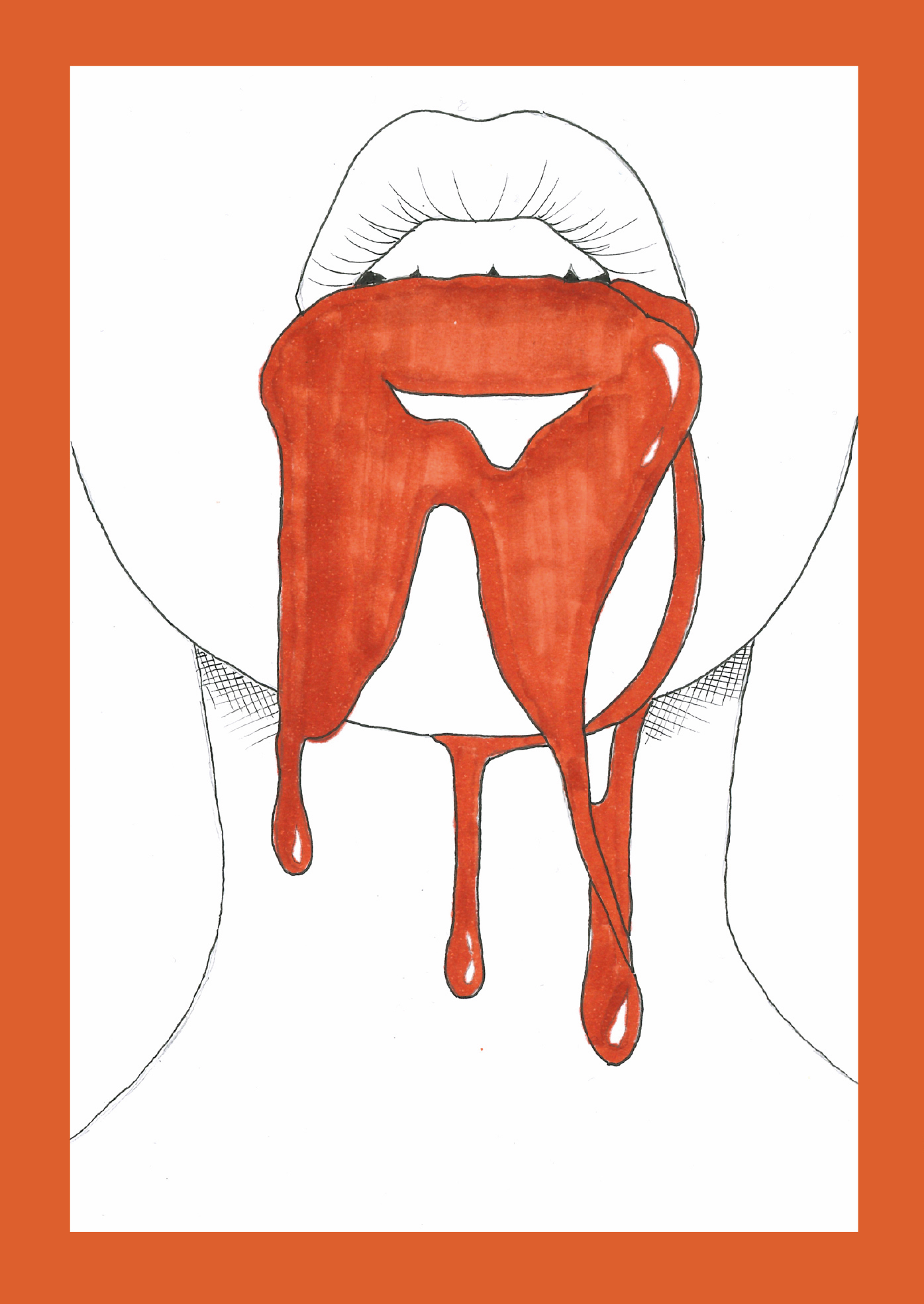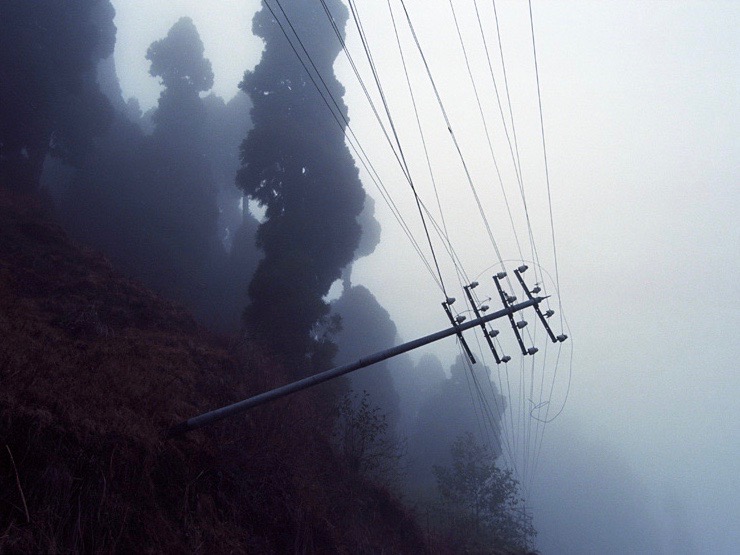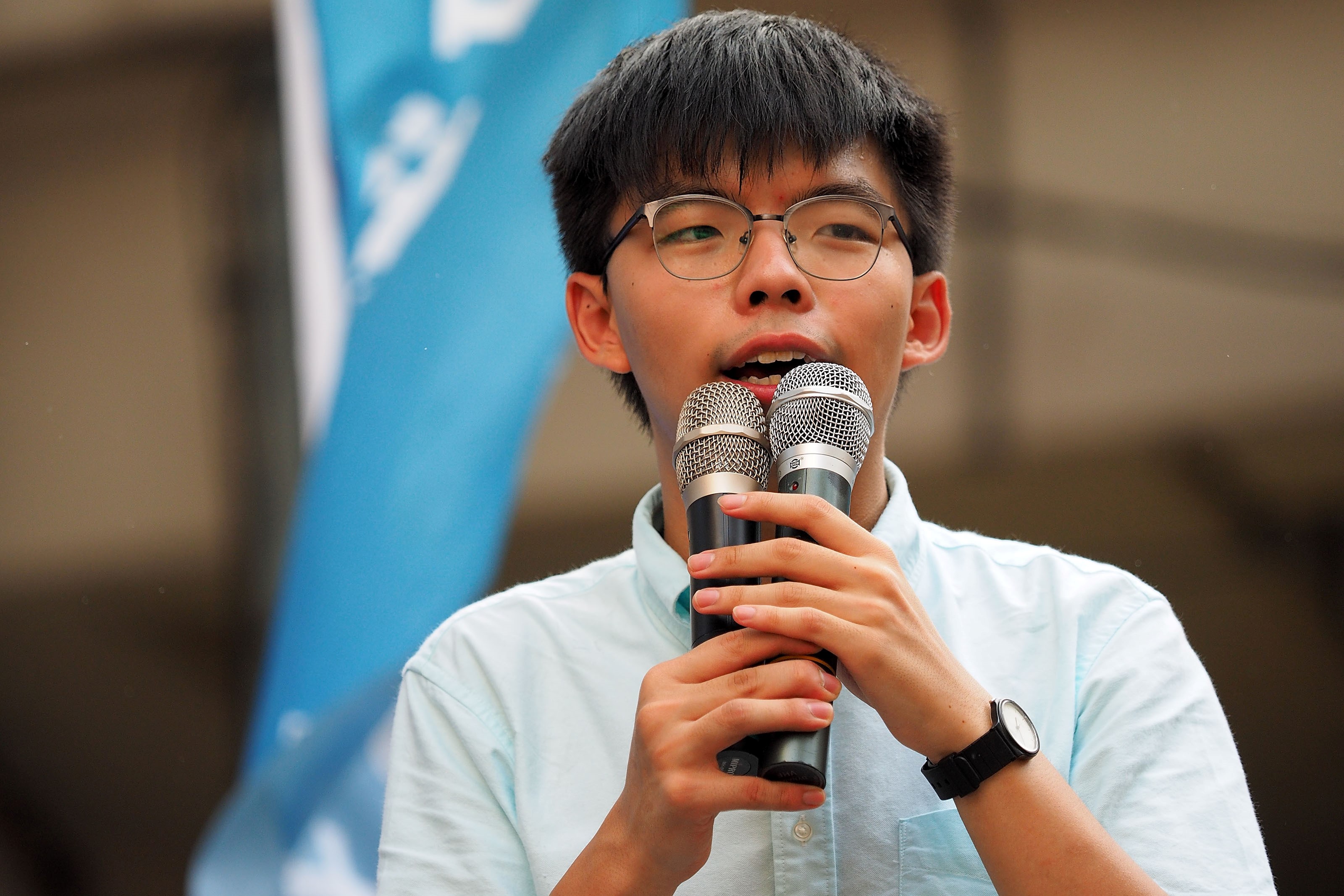
Faltering
Words build up in my throat, sticky like caramel, to choke me. The tension spreads to my face as the backlog of muted syllables drives forward but doesn’t push itself through. My mouth contorts under the mounting pressure –I’m powerless. When the words eventually lurch out, past my tongue, teeth, and finally my lips, they are ill-timed. Too late. The flow is lost. Drowned out by a switch in conversation. I’m flushed; my jaw is tight. I need to relax, but the more I try, the worse I feel.
On another day, the words run freely like white water rushing over rocks. I’m comfortable, happy even, as the conversation ripples around me. In that moment there is no stress. My face is animated as I talk, listen, laugh. I’m absorbed in the stream of chatter, and I’m no longer worrying about what I’m about to say or paying attention to my surroundings. When I’m like this, I feel light – things are easy and fun and I’m floating. Occasionally, words stall in my mouth, breaking my flow like a misplaced comma. However, nobody notices. Sometimes even I don’t notice.
I’ve never understood why words are sticky. Or how they have the power to seal my throat and block my airways. It’s always been like this. There’s never been any logic to it. Why do some sounds leave me gasping for air when others glide uninhibited? When I was six years old, there was another boy who staggered and stumbled on every second word. For him, words weren’t sticky. They were fractured. Broken by stray dashes and full stops, they came out of his mouth in pieces. I watched from across the classroom, and I knew we were similar. But in a cruel twist, I was quietly grateful that I wasn’t the least fluent in the room.
When I speak, my mind races forward subconsciously, picking up the words that will catch in my airways and replacing them with others. I can’t help it. It’s how it’s always been. Although I can’t control which words will stick, I can choose not to express them. Certain words are abandoned and left unsaid – mangled morphemes festering for months at a time. Sometimes, whole sentences are rephrased. Restructured clauses leave me with a strange vocabulary. It seems a bit much to do all of this to avoid a momentary humiliation. But humiliations add up over time. Sometimes, sticky words are unavoidable. Another strike on an imaginary tally chart that I’ve been tracking my whole life. I’m frequently told that it’s barely noticeable, although I know that’s because other people can’t see the constant corrections taking place internally. They struggle to understand that what they see is just the tip of an immovable iceberg. A family member used to tell me that all I needed was to want to speak better. Didn’t I already want that? These days I question if I really do – why should anyone try to mask a part of themselves?
Sometimes I wonder how it would feel to speak without the worry that the words won’t come out. Without the worry of my throat seizing up, of acidic vowels exacting their vengeance on my airways. Without the worry of my face twisting, eyes bulging, jaw locking like ice as viscous syllables clog my larynx. To be able to speak uninhibited. To address people by their name, knowing the sound won’t get tangled in my throat. Freedom of speech takes on a whole new meaning for me. Entire conversations have been lost in the ether when I’ve been unable to initiate an exchange. Potential connections are squandered. I wonder where the words go when they are left unsaid.
At the park on a frosty day, I order a coffee at the cafe. The barista laughs as I trip up on my name. The sound stops short in my throat. My empty mouth flaps. As my mind shuts down, I quietly laugh at myself, uncomfortable in my self-deprecation. The coffee tastes extra bitter with the aftertaste. I’m proud of my name but when I try to say it out loud my voice resists. It’s not easy to vocalise words that are personal – my name, my hometown. People laugh. Or they ask, “did you forget your name?” I used to resent them for it, now I remind myself they can’t be expected to know. Afterwards, my best friend reminds me that I once stood up in class and read out a piece I had written about my speech. She tells me our classmates were silent. Dumbfounded. I don’t remember it at all. Still, I’m proud of me. That must have taken courage.
I try to own it. To make it mine. I’m told it’s endearing, a unique part of me that makes me who I am. Apparently, it’s barely noticeable. I want it to be mine, so I can stop feeling ashamed. And more and more frequently, it is mine and the shame recedes. It doesn’t really define me anymore. Yet, when I’m talking to a room full of people and the stress mounts, the pressure in my throat rises to knot my tongue and coat my mouth in treacle. My face disfigures, suspended in time though the clock keeps ticking. My cheeks burn red again.
Words by Kasturi Pindar. Art by Leon Coyle.







